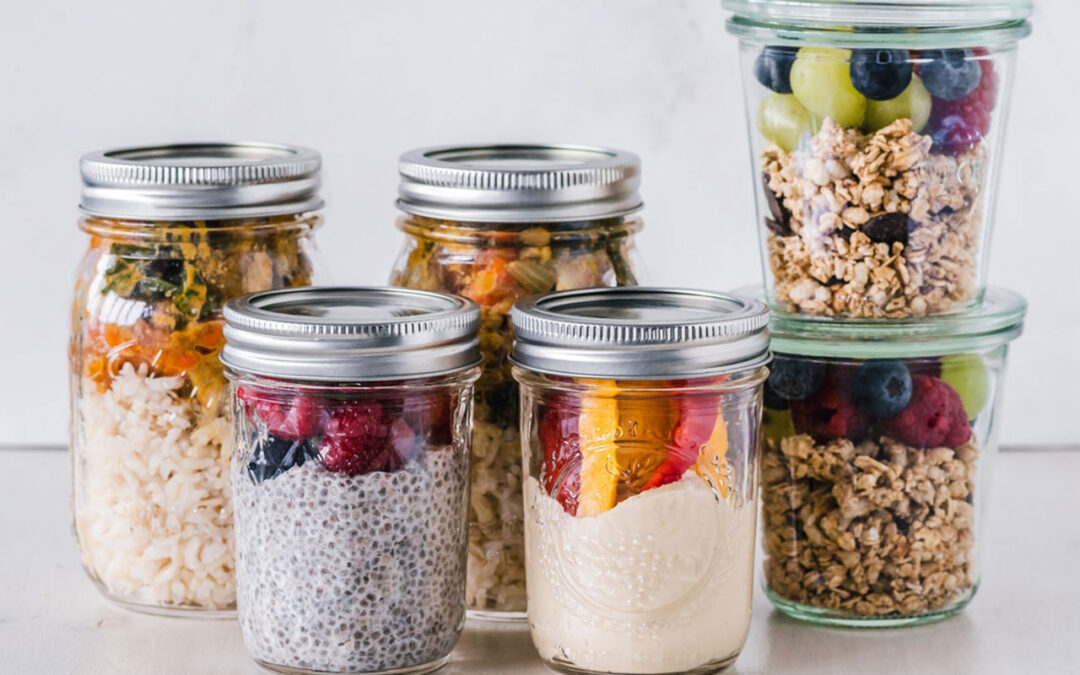
How To Maintain Your Health In Easy Steps
Maintaining your health can be a challenging endeavor. What is healthy in one person can be unhealthy in another person. So how can you stay healthy? What is health in general? And what should you consider when making health choices?
Sometimes we have chronic illnesses that interrupt our health. Sometimes we are dealing with an illness, in this case you can click here. For the purpose of this article, health is defined as to live a life without physical or mental illness. This includes coping with the chores of daily life while maintaining a high quality of life. The truth is, you can still feel good even if you have some type of health issue.
Here are tips on fitness and nutrition to maintain good health.
Put your mental health first
Physical health and mental health are very closely linked. If your state of mind is in a bad place, it will become very difficult to take proper care of your body too. Studies have shown that mental health cases are on the rise, and the pandemic has certainly increased the rate of acceleration. If you show signs of anxiety or depression, perhaps after a trauma, you should seek professional mental health treatment. You wouldn’t let a problem with your legs or stomach go untreated, so it would be stupid to allow an issue with your mind to go undiagnosed.
Adopting a less stressful lifestyle will usually help too. Some simple tips that can be incorporated include;
- Get more sleep,
- Spend more time outside,
- Avoid people that put you in a bad mood,
- Get your finances in order,
- Maintain a clean home.
If your mental health needs attention, there is nothing wrong with putting this first. We all experience ups and downs but when you achieve a better frame of mind, all aspects of your health should improve.
Exercise
Regular exercise lowers the risk of premature death, cardiovascular disease, stroke, high blood pressure, type 2 diabetes, colon cancer and breast cancer. It also helps deal with depression. For older people it can help with thought processes as well as performing daily tasks more easily. In children and adolescents, physical activity contributes to improving the cardiovascular system (heart-lung), strengthening muscles and skeletal health. And also contributes to achieving a desired body composition. Exercise recommendations for adults (over 18 ). A minimum of two and a half hours (150 minutes) per week of moderate-intensity exercise or an hour and a quarter (75 minutes) weekly of vigorous exercise. That’s about 30 workouts a day 5 days a week.
- Medium-intensity activity – walking, water aerobics, dancing, gardening, etc.
- Vigorous physical activity – running, jumping rope, mountain biking, etc.
The activity is considered an aerobic activity if it lasts at least 10 minutes (running after the bus for 20 seconds is good but not considered an aerobic activity for our needs). For further improvement one should aim to reach five hours per week (300 minutes) of moderate-intensity exercise or two and a half hours (150) minutes per week. In addition, strengthening activities should be performed for the various muscle groups. This includes weightlifting, sit-ups, bone-building exercises, strengthening activities at least once a week.
Examples of adding physical activity during the day: Ride a bicycle instead of driving whenever possible, use the stairs instead of the elevator, clean the house every day, park at the end of the parking lot, and walk a lot more!
Nutrition and proper eating
A very large number of studies show that the food we eat directly affects chronic morbidity. Proper nutrition can lower the risk of developing these diseases and improve the condition of the disease. Chronic diet-related diseases include cardiovascular disease, diabetes, high blood pressure, osteoporosis and various cancers. Good nutrition is vital.
General tips for a diet that helps good health:
- It is recommended to consume a sufficient amount of fruits and vegetables (as long as you do not exceed the required daily caloric intake). One should also vary the consumption of vegetables and fruits. This can be achieved by eating different types of fruits and vegetables throughout the day.
- Eating whole grains will help bring in dietary fiber, vitamins and minerals into the body. At least half of the grain should be whole grains.
- It is recommended to consume 3 dairy products a day (those who are sensitive to dairy products should consume substitutes that provide calcium protein and probiotic bacteria).
- Consume no more than 10% of your daily calories from saturated fat (solid fat at room temperature and found in animal products). Eat less than 300 mg of cholesterol per day. Also avoid consuming trans fat (found in margarines and products that use this fat such as various doughs).
- Consume good fats. This should be done in moderation 20% -35% of daily calories. They include fish oil, vegetable oils, nuts, almonds and various grains (saturated fat is included as part of 20% -35%)
- Minimize simple sugar consumption in foods and beverages.
- It is recommended to consume less than 2300 mg of sodium per day. This is the equivalent of a teaspoon of salt (those with high blood pressure should consume even less). Choose foods that contain little salt and at the same time consume more foods that contain potassium, such as fruit and veg. Foods high in sodium are bad. These include things such as – soup chowders, savory snacks, various sauces such as soy sauce and pickles.
Alcohol can be a poor choice
Alcohol can have good effects on the heart and blood vessels when consumed in moderation. Moderate consumption of alcohol is up to one serving per day for women (about 150 ml of wine or 360 ml of beer approximately) and up to 2 servings of drink per day for men (300 ml of wine per day or 720 ml of beer).
Alcohol consumption should be avoided for people who can not control alcohol consumption, fertile women planning to become pregnant, and of course children and adolescents. It is also best to avoid alcohol if you take certain medications as it can interrupt with the way they work.
Factors to consider
Air pollution causes a lot of illness and breathing problems. It’s suspected of increasing the development of various cancers. Ingredients added to food such as preservatives, flavors and hormones also contribute. These industrial materials are suspected of raising various ailments and some have even been banned for use in the food industry. We can’t disconnect from the pressures of modern society. It is probably impossible to completely avoid exposure to these parameters and at least action must be taken to improve fitness and nutrition parameters. To sum up: good health is the first goal to strive for in order to cope better with daily tasks and to enable us to live a good quality of life. In order to enjoy good health we must take the initiative and utilize the existing knowledge in order to improve our health. Although it is not always easy to change habits acquired over the years, one should try to set ourselves intermediate goals and objectives and even enlist the help of professionals if necessary.





